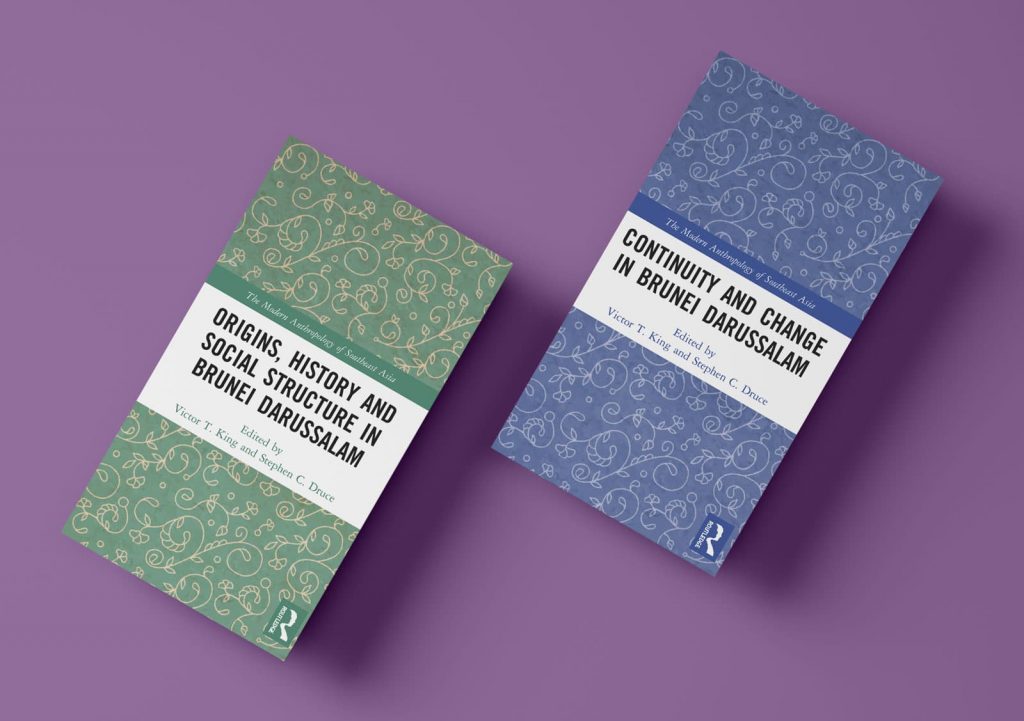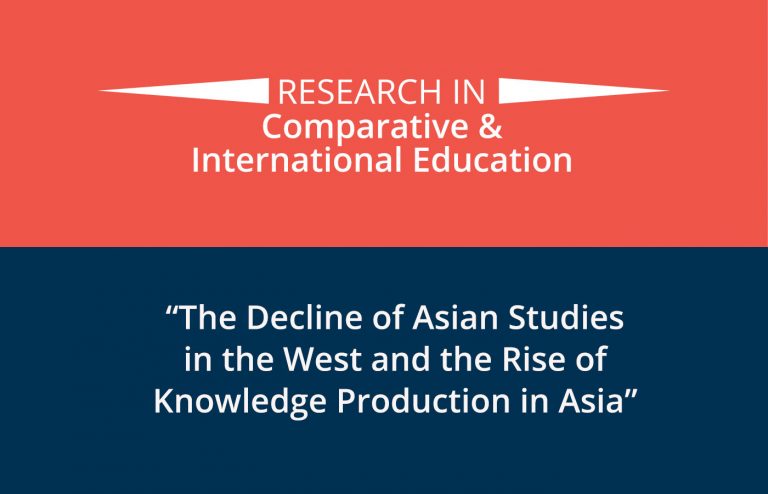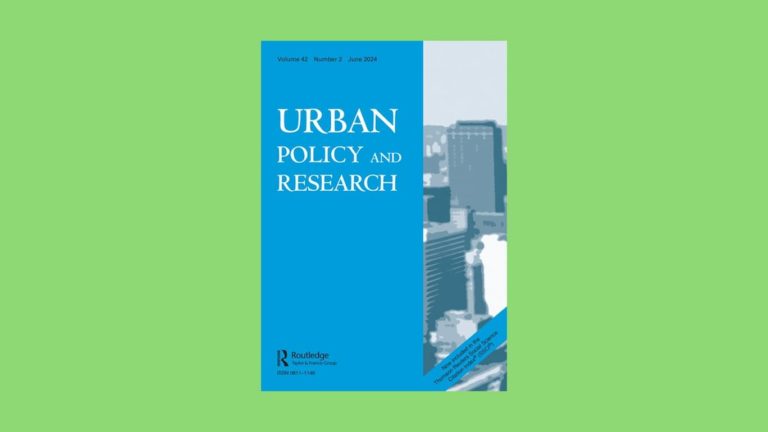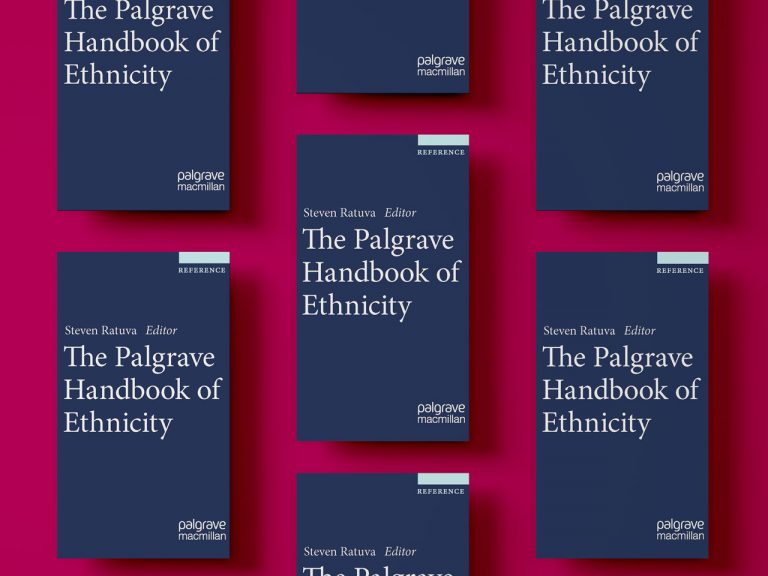Dr. Victor T. King of the Institute of Asian Studies at Universiti Brunei Darussalam and Dr. Stephen C. Druce of the Academy of Brunei Studies at Universiti Brunei Darussalam have just published two edited volumes with that cover a variety of issues pertaining to Bruneian society, both past and present.
These two volumes have been published in the Routledge “Modern Anthropology of Southeast Asia” series.
The first volume, entitled Origins, History and Social Structure in Brunei Darussalam, is a wide-ranging book that is the first to re-evaluate the early history and historiography of Brunei Darussalam, the origins of the sultanate, its genealogical foundations and the structure and administration of Brunei society.
Its inspiration derives from the seminal work of Professor Donald E. Brown whose major monograph on the sultanate was published in 1970. This marked the beginnings of advanced sociological, anthropological and historical research on Brunei.
Leading scholars of Brunei, Borneo and the wider Indonesian-Malay world, both from within Brunei Darussalam and beyond, have come together to address some central preoccupations which Brown raised and which have been the subject of continued debate in Austronesian and Southeast Asian studies.
The second volume, Continuity and Change in Brunei Darussalam, draws on recent studies of processes of social, cultural and economic change in Brunei Darussalam undertaken by both locally-based scholars and senior researchers from outside the state.
Among other things, it explores the underlying strengths, characteristics, and uniqueness of Malay Islamic Monarchy in Brunei Darussalam in a historical context and examines these in an increasingly challenging regional and global environment. It considers events in Brunei’s recent history and current socio-cultural transformations, which give expression to the traumatic years of decolonisation in Southeast Asia.
A wide range of issues focus on foreign, non-Bruneian narratives of Brunei as against insider or domestic accounts of the sultanate, the status of minority ethnic groups in Brunei and the concept of ‘Brunei society’, as well as changes in the character and composition of the famous ‘water village’, Kampong Ayer, as the cultural heartland of Brunei Malay culture and the socio-cultural and economic effects of the resettlement of substantial segments of the population from a ‘life on water’ to a ‘life on land’.
For information about the individual chapters in these two works, please visit the Routledge “Modern Anthropology of Southeast Asia” series website.





